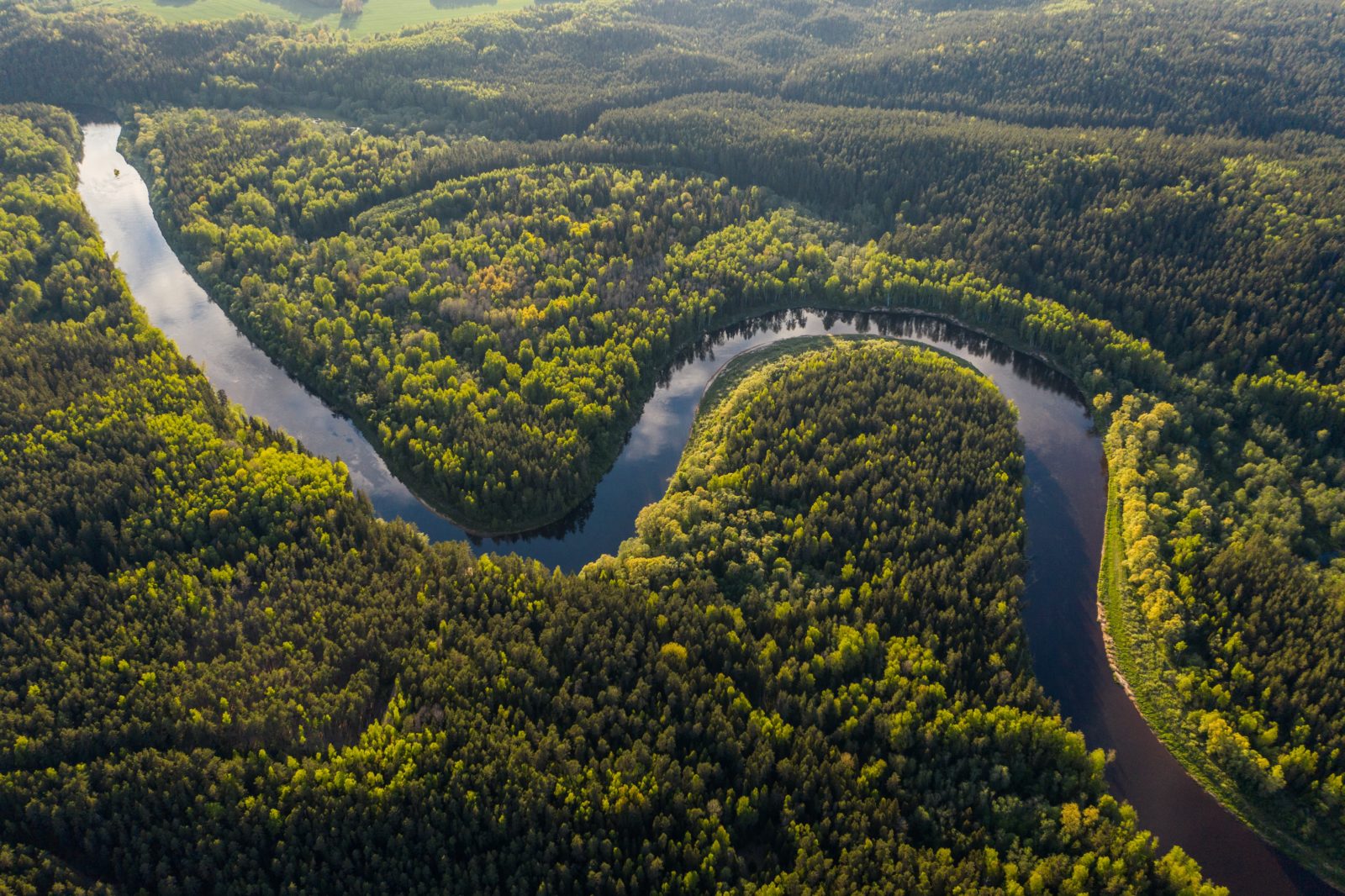June 5th 2021
World Environment Day
As the world looks to rebuild from the pandemic, we must take deliberate steps to improve human health and the natural world. The fact remains that only with healthy ecosystems can we enhance people’s livelihoods, counteract climate change and stop the collapse of biodiversity. The next decade will be crucial in sustaining all ecosystems including forests, farmland, cities, wetlands and oceans.
The theme for World Environment Day 2021 is ‘Ecosystem Restoration.’ To prevent, halt and reverse the degradation of ecosystems worldwide, the UN has launched a Decade on Ecosystem Restoration (2021-2030). This globally-coordinated response to the loss and degradation of habitats will focus on building political will and capacity to restore humankind’s relation with nature. It is also a direct response to the call from science, as articulated in the Special Report on Climate Change and Land of the Intergovernmental Panel on Climate Change, and to the decisions taken by all UN Member States in the Rio Conventions on climate change and biodiversity, and the UN Convention to Combat Desertification.
“In reviving millions of hectares of terrestrial and aquatic ecosystems, we will profoundly improve human well-being and accelerate progress towards the sustainable development goals.” A message from the Under-Secretary-General of the UN and Executive Director of the UN Environment Porgramme, Inger Andersen for World Environment Day 2021.
The Conservation Foundation works to address biodiversity loss through tackling some of the underlying drivers affecting wildlife, including poverty reduction, through community-driven projects in developing countries and the UK. Our projects are focused on engaging with and supporting communities to develop sustainable pathways which supports the conservation of natural resources, and in turn limits contributions to climate change. For example, in Cameroon, we work with local NGO ‘Fondation Camerounaise de la Terre Vivante’ (FCTV) to help rural communities meet their livelihood needs whilst utilising natural resources in a sustainable way – for example, finding new methods to obtain sustainable sources of animal protein, moving from subsistence to trade, benefitting from reforestation, or ensuing their own food security. In the UK, we work with disadvantaged communities to help ‘green their environment’, such as planting trees.
Climate change is probably the greatest global challenge of the twenty-first century facing Mankind. For this reason, we are committed to mitigating the effects of global warming through our cross-sector partnerships – such as with GeoFutures GreenInvest, which supports the creation of 600 MW of low cost, clean, reliable geothermal power in Kenya and Ethiopia – supplying more than 31.5 million people with power and avoiding almost 3.1 million tonnes of CO2eq annually, or supporting reforestation in the Philippines through understorey planting of cash crops. See our projects section for more.
Read more around World Environment Day:
– The latest edition of the Darwin newsletter
-The official event schedule for World Environment Day this coming week (June 7th – 11th)
Image by Ivars Utināns

